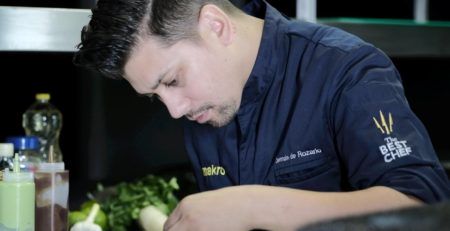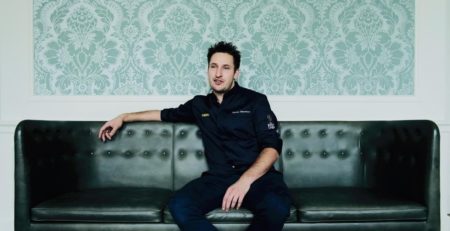Karime Lopez gained her experience and explored her creativity in Mexico City and Lima. She says that chef Massimo Bottura taught her to see cooking as an art form. Takahiko ‘Taka’ Kondo, born in Tokyo, explored Italian cuisine throughout his career. Together they bring to life Florence’s Branch of Gucci Osteria – a series of contemporary Italian restaurants. Here the elegance intertwines with humor and youthfulness draws from tradition.
Karime López: I’m Karime López, chef at Gucci Osteria in Florence.
Takahiko Kondo: I’m Kondo Takahiko, but everyone calls me Taka, chef at Gucci Osteria in Florence.
The Best Chef: How did you meet?
Karime López: Back in 2014 I was working with Virgilio Martínez from Central in Lima, Peru.
Takahiko Kondo: I was working with Massimo at the time.
Karime López: And there was this event by Gelinaz, a kind of homage to Wylie Dufresne from wd-50. They pranked him saying the restaurant was flooding… They’d invited chefs from all around the world, really big names, all in on the joke, for this tribute to him and his career. There were some really important people, René Redzepi, David Chang… all these famous people, and us (laughter).
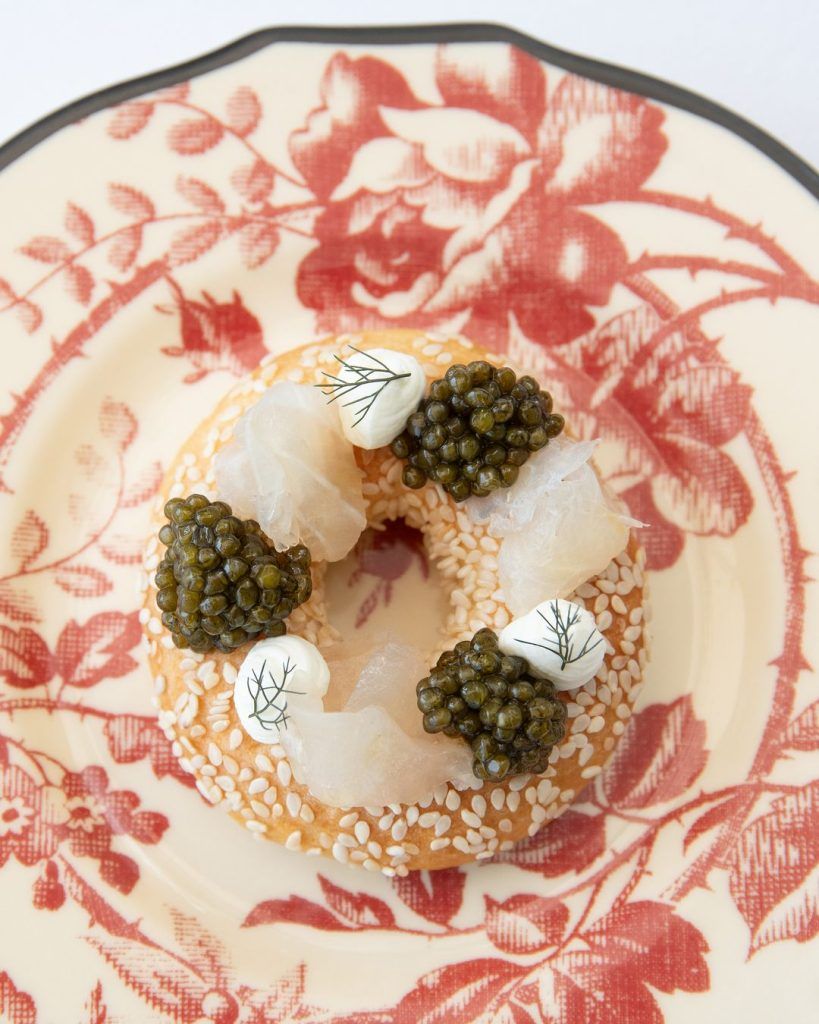
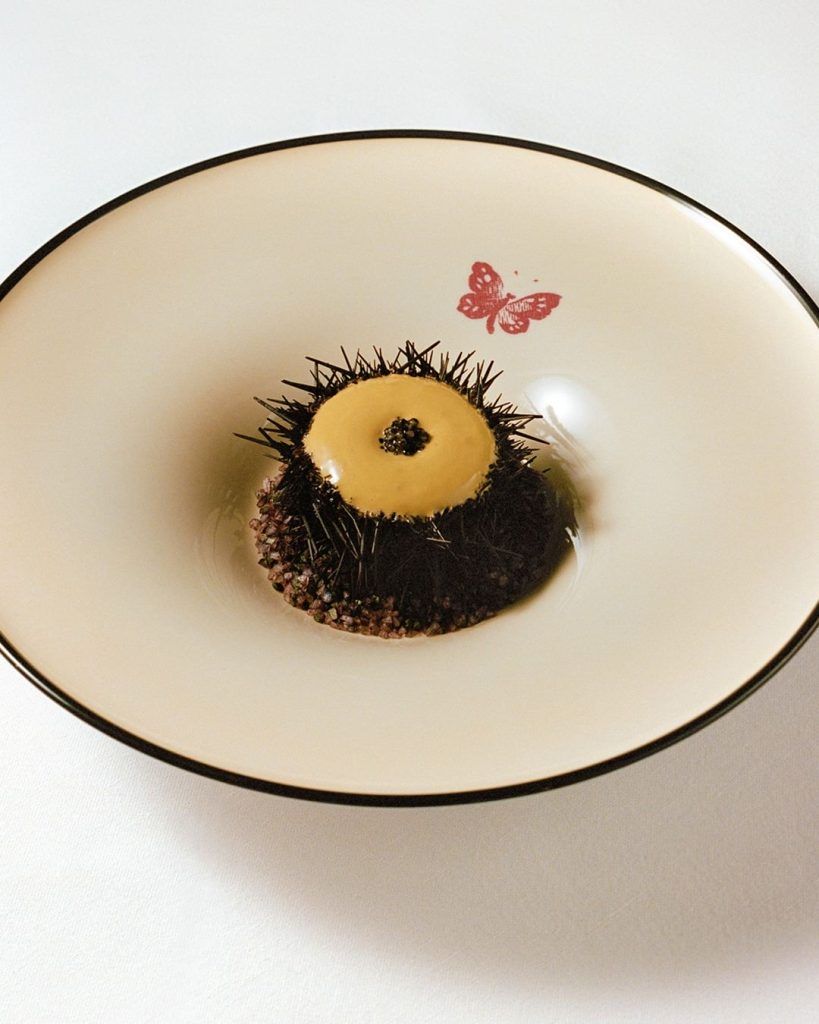
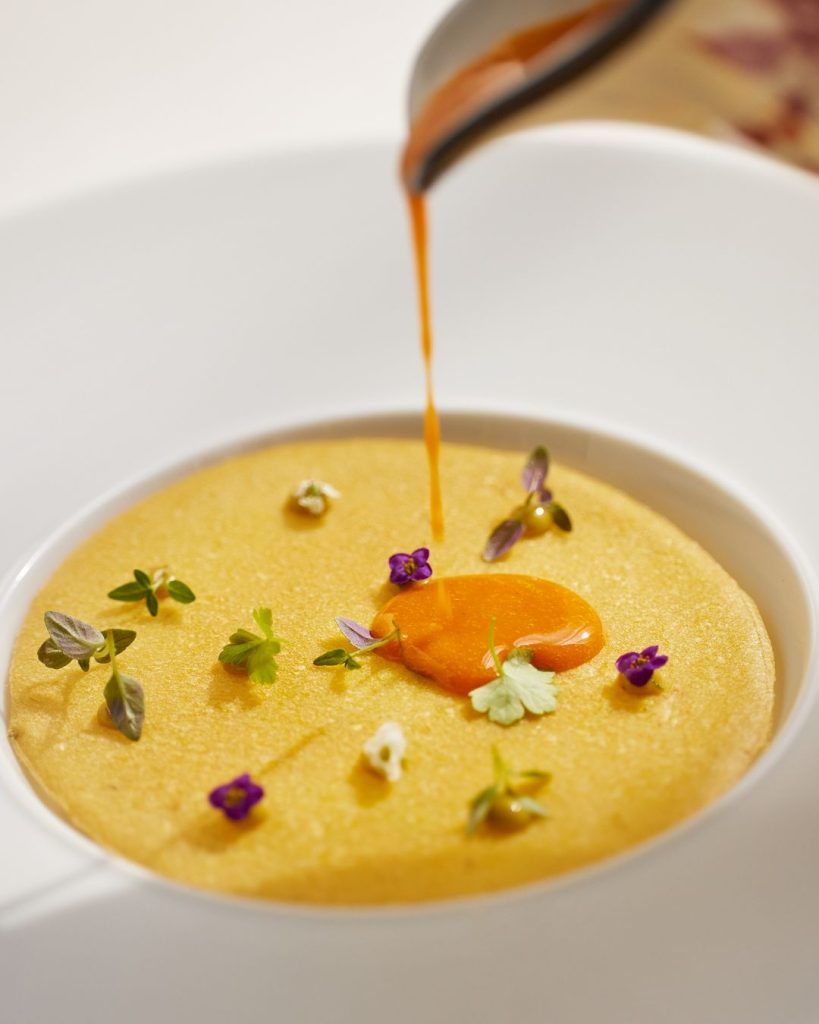
So as all the journalists and guests wanted to see the famous faces. In the end, it was up to us to make dinner. So, there was a moment when we were running behind in the kitchen, organized in teams. Of course, we weren’t famous like them, but we had to cook so we said, “Look, you help me finish my dish and when it’s your turn I’ll help you because otherwise, we’ll never get this done”. And that’s how we met, in New York.
Takahiko Kondo: That’s how our friendship started, our amicizia.
Karime López: In the beginning, it was Lima-Modena because I was still in Peru. Later on, I came to Italy, so it was Florence-Modena every day. But he was working so much — well, we still are — but between his hours at Francescana and my new project, weeks would go by without us seeing each other, for 4 years. Because of our hours, if I went to Modena I was exhausted and if he came to Florence, he was equally exhausted. It was a really intense 4 years, a lot of hard work. But in the end, we met each other as chefs and we always knew this was our passion. Gucci Osteria forms part of our life.
Takahiko Kondo: But we’re happy because things are a lot better now. We’ve got plenty of experience with very long distance, so after Modena – Lima, now Modena – Florence seems like nothing in comparison. You can go by car, by train, so we’re much happier.
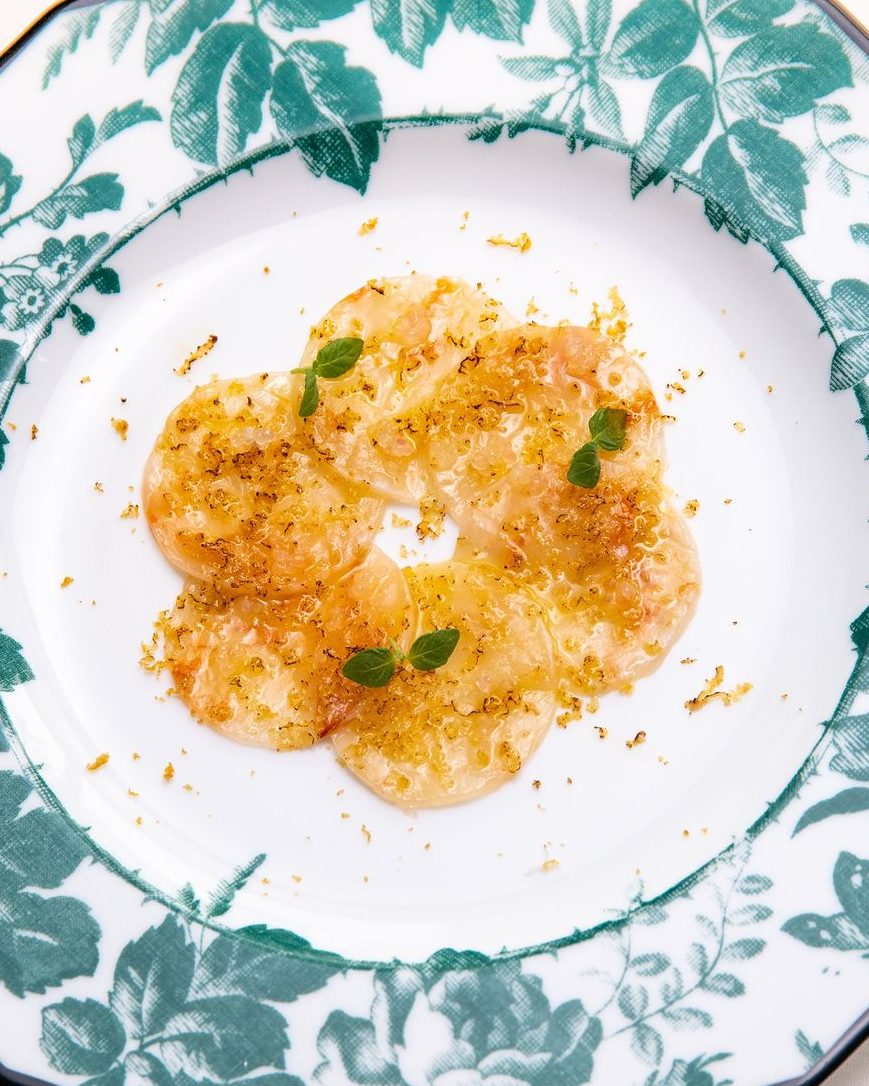
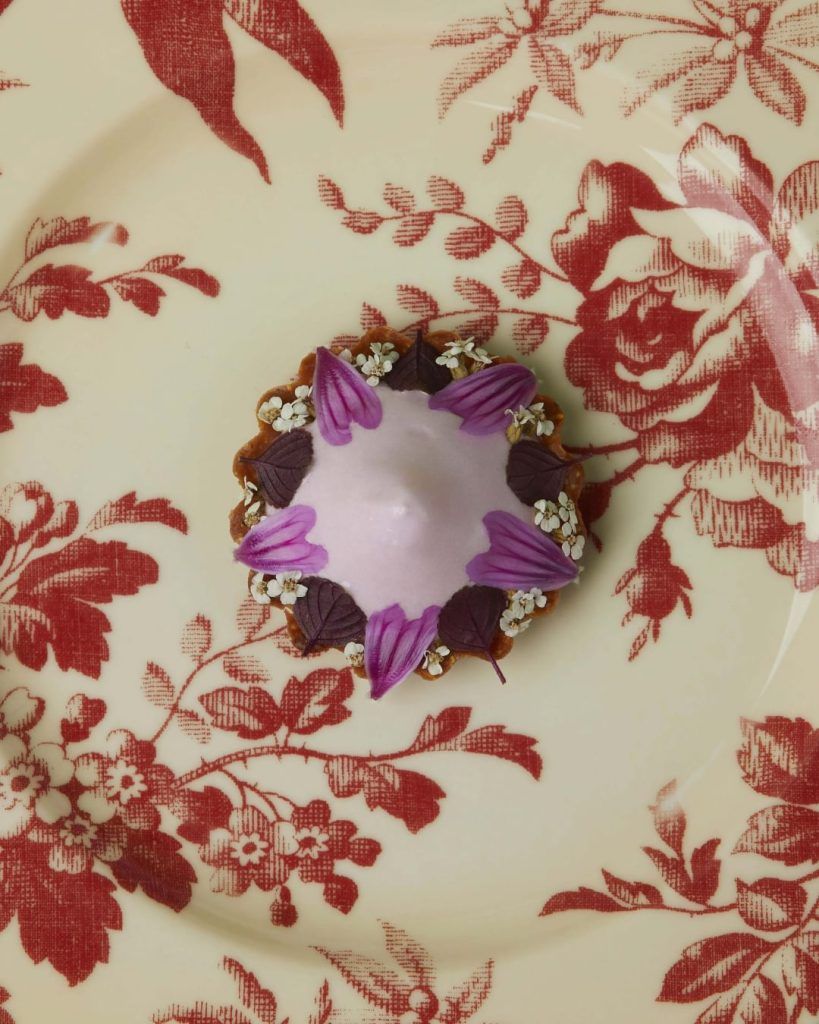
Karime López: It’s been a year and a half now since we started working together, and it’s the first year and a half that we’ve lived together after being married for nearly 6, living separately. So everything is positive right now, we finally have a house. We don’t have to move every week just to see each other. It’s a lot less complicated.
Takahiko Kondo: When we get home tired from work, there’s somebody there. It’s a big change.
Karime López: Exactly, it’s so different, and what’s even better is we complement each other because, obviously, without family here in Italy, if the baby needs something one of us can go and we switch. It’s a really positive change all around.
The Best Chef: Can you tell us how it all started with you cooking at Gucci Osteria?
Karime López: Well, we opened in 2018 and I can tell you it was really tough because no one expected two famous Italian brands like Gucci and the Massimo Bottura group to choose somebody that one, wasn’t Italian and two, was a woman. They said the same thing over and over, I’d be at the table and people would say: “How is it possible that two of the most emblematic brands in Italy don’t have an Italian man at the helm?” So, the only way I saw of giving them an answer was through my work at Gucci Osteria, and it wasn’t easy.
The first year or a year and a half was really hard because I never expected that response. It didn’t even cross my mind that people might say that. I understood my work would be judged for being so different from the rest of the scene in Florence — that I did expect — but I certainly didn’t expect to be judged for my nationality or my gender. But I think, over time, we’ve proven that none of that matters, the best response is the hard work we’ve put in over the last 5 years and, together with my team, we’ve pushed this project forward.
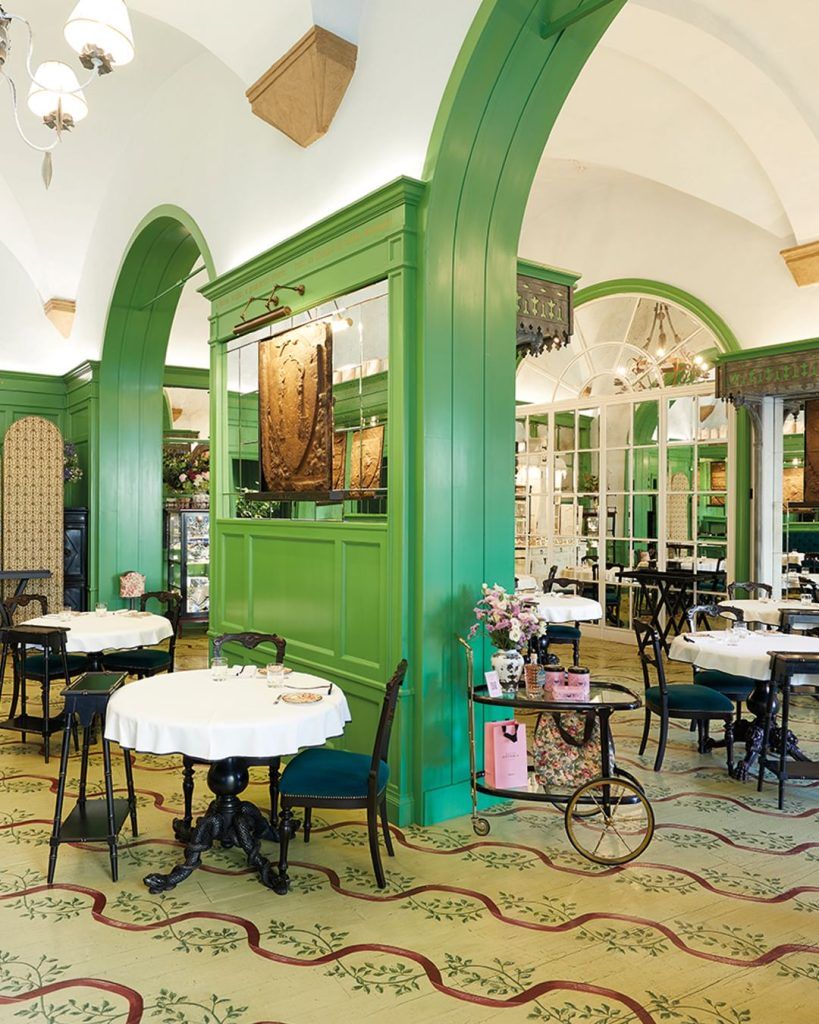
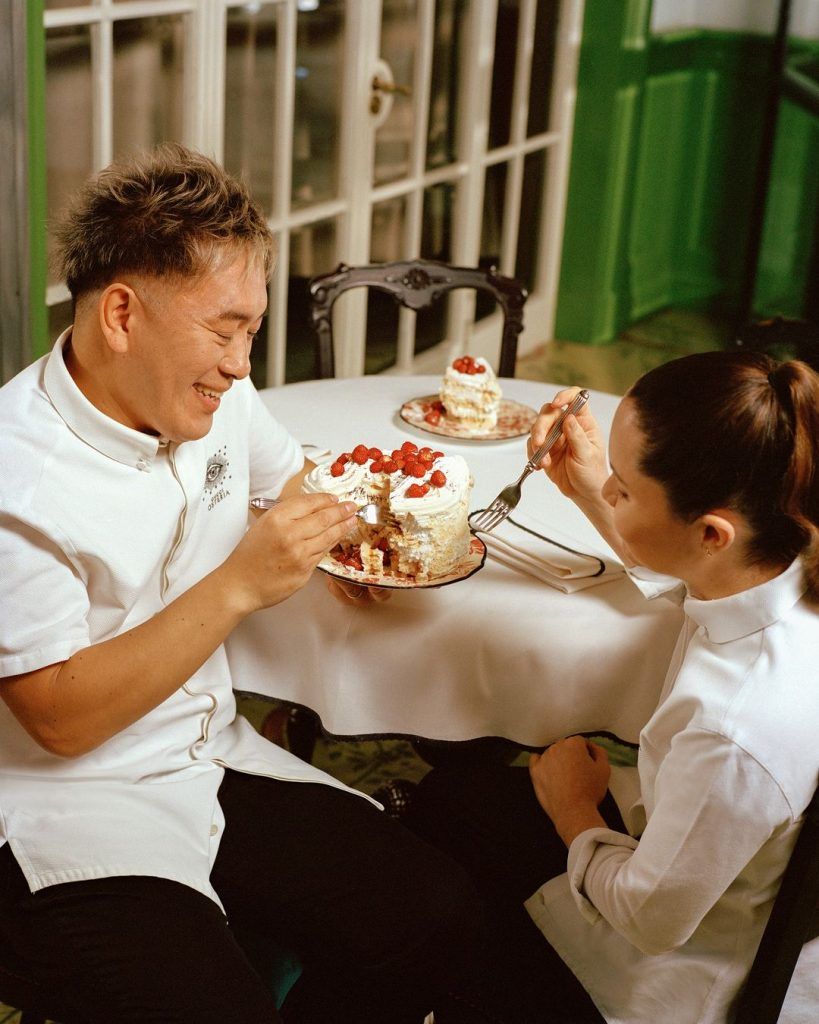
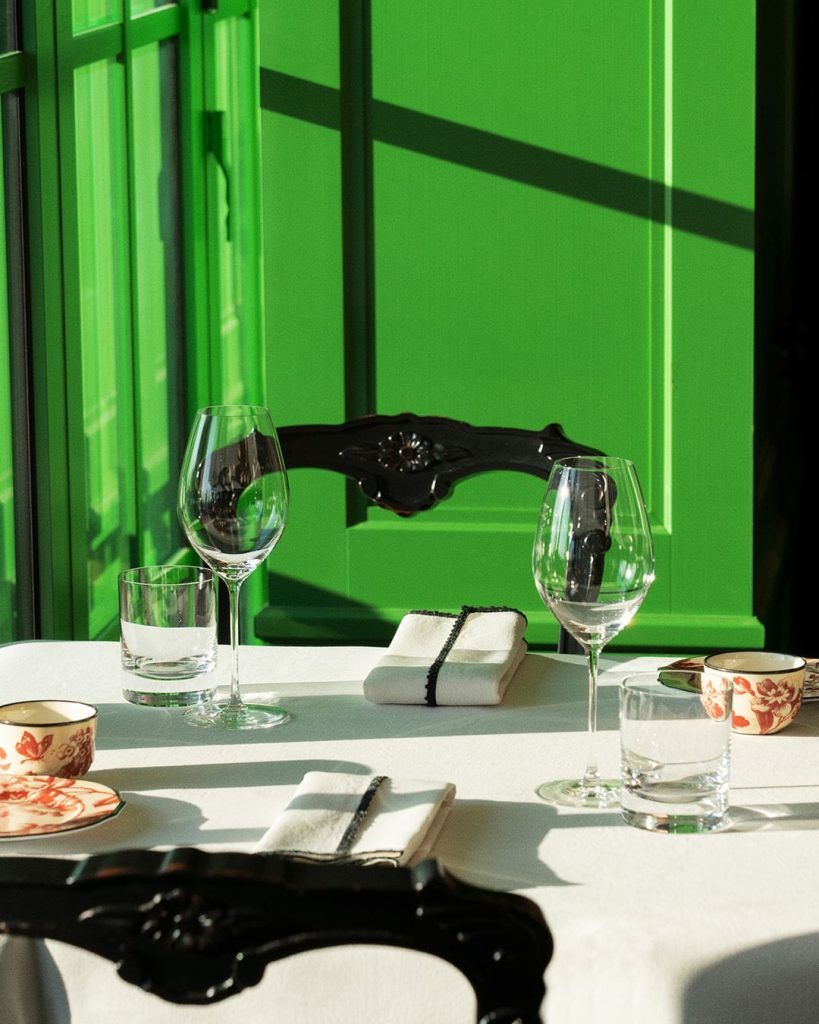
Takahiko Kondo: We can actually enjoy ourselves now and we’re so fortunate to be working with big names like Gucci and Massimo Bottura. We enjoy cooking and no longer think of ourselves as foreigners: Italy is our home now.
Karime López: It’s our home now and Florence has always been an important meeting place for all kinds of cultures, a mix of creativity from around the world, of different and exciting new flavors whether in gastronomy, art or astronomy. So we think that idea of Renaissance, and the works of art you find on every corner in Florence, forms part of that because it’s been enriched by so many different cultures. And, in a sense, that Renaissance continues because through that lens you see people from all over the world, and we are part of that. We call Florence home now, but we’re part of that ongoing evolution. And it’s not something unique to here. It happens all over the world, but Florence has always stood out for welcoming other cultures. And I hope it will continue this way.
The Best Chef: Do you feel connected with the Mexican cuisine?
Takahiko Kondo: I still don’t think I know much about Mexican cuisine. I don’t really know Mexico as a country, but I do know Karime well. I’d never thought about it too much, it’s such a rich food culture. It’s even on the UNESCO World Heritage list as a worldwide cuisine, and it’s super-healthy. It really represents the country’s culture. I’m falling in love with Mexican cooking, with a beer, of course (laughter).
Karime López: Yes, my dad’s family, more specifically my grandad, was from Merida. It was his side of the family that started out in Mexico City with restaurants specializing in Yucatán cuisine. I grew up in those kitchens, spending time in the restaurant since I was little. We always talked about food at home.
I left Mexico when I was very young — I’m still young — and I think all Mexicans, like Italians, we’re really proud of our country. We like to boast, to talk about our food, our traditions. It’s something that forms an essential part of me, something I’ll never lose, that makes me who I am. I’m proud of my roots and I’ll always bring with me the flavors and traditions of a country so rich in every sense of the word.
For these awards to be held in Mexico fills me with pride and joy. Even more so that they’ll be in Mérida because it brings me back to my family’s origins.
Takahiko Kondo: I think it’s great, I’ve never been to Yucatán, and I can’t wait to finally visit.
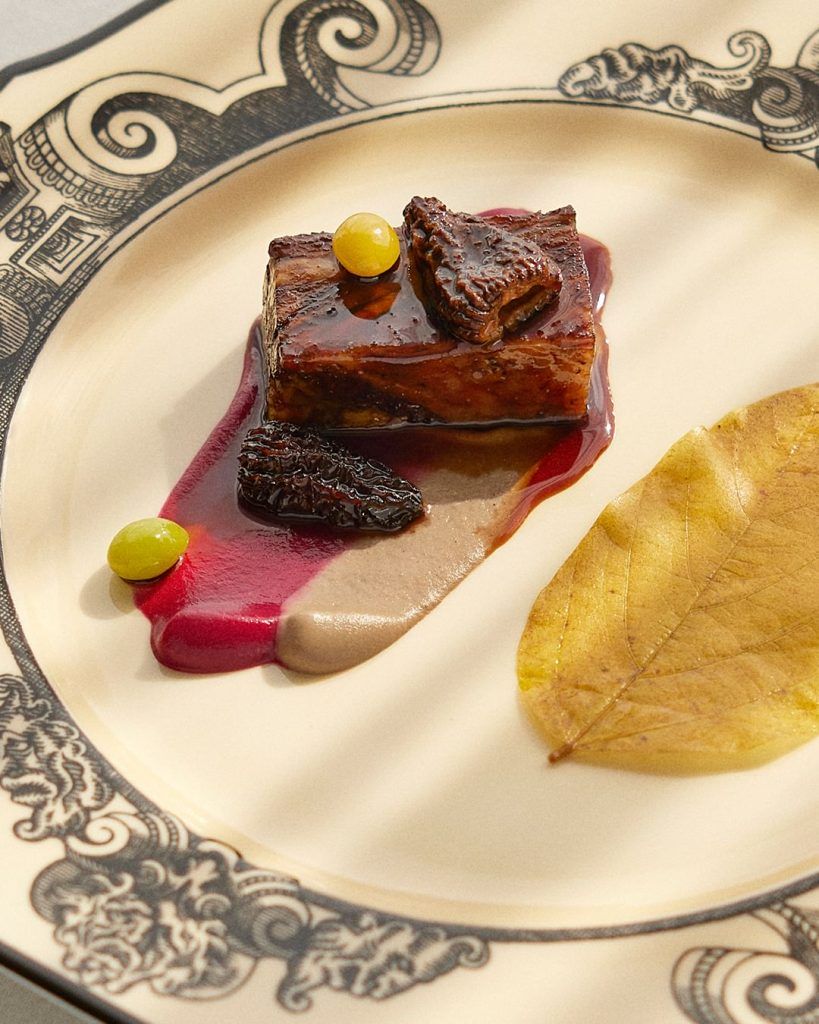
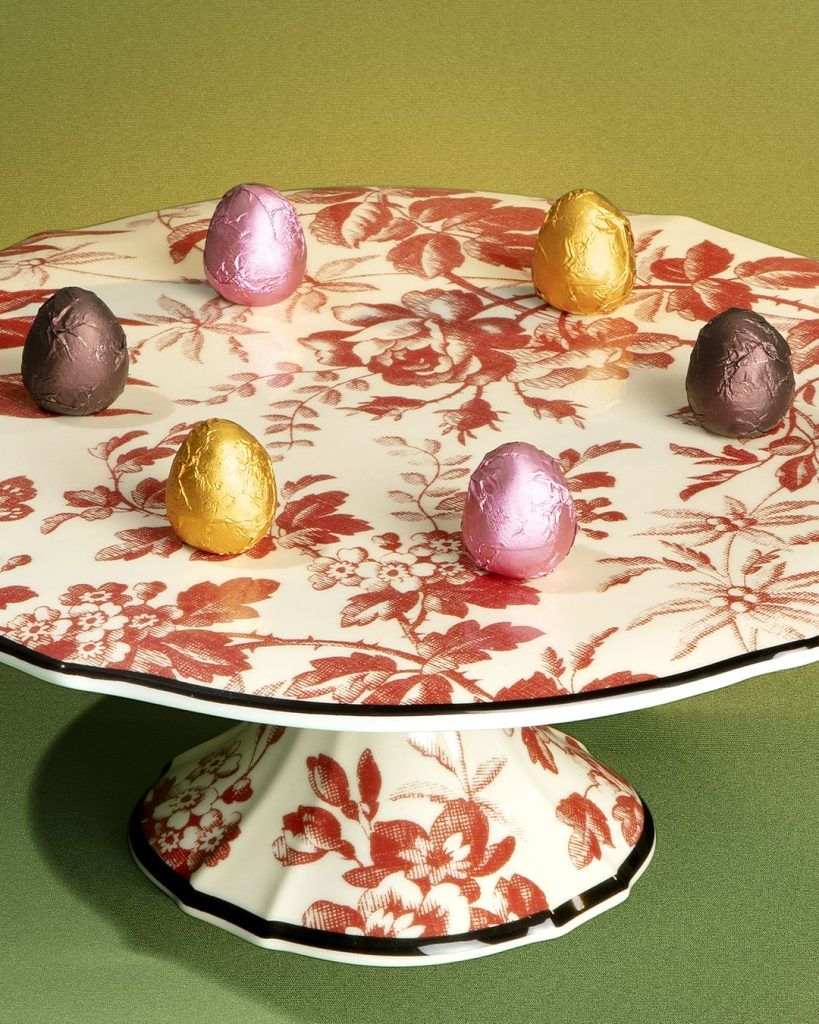
The Best Chef: How did gastronomy in Mexico change over the years?
Karime López: As I mentioned before, within the contrasts that you’ll see in any city in Mexico nowadays you can see how this new culture came about, but it’s always gone hand-in-hand with our traditions, and that’s reflected in our food. Our cuisine has remained almost intact: the techniques, the flavors, the way things are grown in Mexico City, such as the chinampas, the method used to cultivate everything in the past; those traditions have persevered, it’s just about rescuing what had become a little lost. It’s about finding our roots again but, unlike other cultures, we never truly lost them.
We’re very proud people and, as you say, we’re also a little stubborn. And that love for what is ours made and continues to make us preserve all our culture has to offer. Mexico as a country is so rich in every sense of the word.
What’s important now is the luxury of being able to cultivate our own healthy, good-quality corn and our own delicious, robust tomatoes. They come directly from those who produce them and the soil in which they’re growing; this is our greatest blessing. More and more I see how restaurants and chefs in Mexico are contributing to making it happen. They are raising awareness about the importance of this message for everyone and for the future of our culture.

